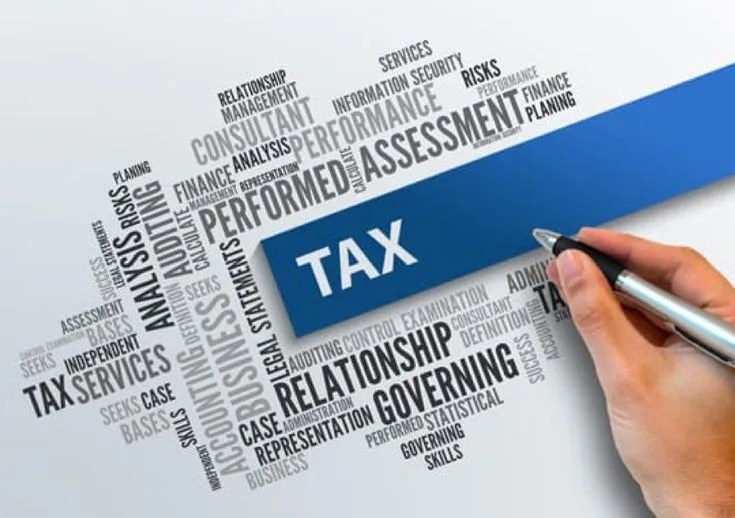As Europe embraces the growing digital workforce, immigration law changes are having a significant impact on freelancers. With remote work becoming more mainstream, countries across Europe are adjusting their visa policies to cater to self-employed professionals. Here’s how recent shifts in immigration laws are affecting freelancers in Europe.
1. Freelancer-Friendly Visa Programs
Several European countries, including Germany, Spain, and Portugal, have introduced freelancer and digital nomad visas to attract independent professionals. These visa programs offer long-term residency options for freelancers, simplifying the process of working legally within the EU.

2. Tax Regulations and Compliance
Immigration law changes often go hand-in-hand with tax regulation updates. Freelancers moving across European borders must navigate complex tax rules. Many countries now offer tax incentives or simplified tax processes for self-employed workers, helping freelancers manage their finances while working in multiple regions.

3. Access to Social Benefits
Changes in immigration laws in certain European countries may provide freelancers with better access to social benefits such as healthcare, pensions, and unemployment insurance. As governments recognize the contribution of freelancers to the economy, they are increasingly including provisions for these benefits in new legislation.
4. Cross-Border Flexibility
One of the key challenges for freelancers has been the ability to work across borders without legal complications. Recent immigration changes have started addressing this issue by offering multi-country freelance visa options. This allows freelancers to work in multiple EU countries without needing to apply for separate work permits in each.

5. Impact of Brexit
For freelancers from the UK, Brexit has added an extra layer of complexity. While many European countries offer freelancer visas, British freelancers must now consider individual visa requirements for each country they wish to work in, as the freedom to work across EU borders no longer applies to them post-Brexit.
CONCLUSION
Immigration law changes in Europe are opening doors for freelancers, making it easier for them to live and work across the continent. With freelancer-friendly visa programs, simplified tax processes, and improved social benefits, Europe is becoming a top destination for self-employed professionals looking for flexibility and opportunities. However, navigating these changes requires a clear understanding of each country’s policies, especially in the post-Brexit landscape.



